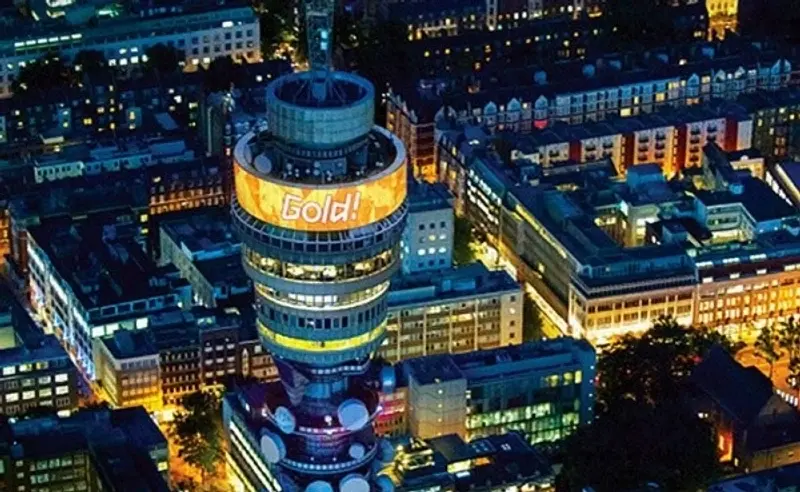
Evidence in price to earnings (PE) terms is thin. Based on consensus earnings per share (EPS) estimates for this year to 31 March 2018 of 28.1p, BT's (BT.A) PE stands at 10.7. That’s a discount to the low-teens seen in recent years but certainly not out-of-kilter with other utility-type businesses.
Perhaps dividend yield is more meaningful, since income is arguably the main reason anyone would own the shares. That stands at about 5.4% on the 16.05p payout this year anticipated by analysts. Again, that might seem about right for a utility, albeit not at the 7% or 8% levels that might cause investors to ponder if the payout is due a cut.
A BLEAK 15-MONTHS
Shares in the UK telecoms giant are on the up today, a little more than 3% ahead at 299.7p, yet this is scant consolation for shareholders in recent months. The stock’s post-financial crisis rally ran out of steam at the end of 2015 and it’s been pretty much downhill ever since.
15-months ago the share price was 496p, demonstrating the struggles BT is been facing of late.
There’s been enormous pressure from industry watchdog Ofcom to open up access to Openreach, BT’s national communications backbone. The regulator has demanded more and quicker investment to accelerate the roll out of faster broadband nationwide, and wants competition to help stimulate this objective.
BT also continues to be saddled with an enormous and under-funded pension scheme, which eats up cash flow that might otherwise go to shareholders. BT flagged in May that future dividend payout growth was likely to slow.
Then in January, the group discovered a £530m black hole in the finances of its business in Italy. People have been sacked and the operation restructured but investors tend to have long memories, and they hate this sort of financial mis-management shenanigans.
REBALANCING THE THREATS
Yet analysts at Numis Securities believe these factors are being overplayed. They believe that neither Ofcom nor competitors will or can force BT to invest capital expenditure (capex) beyond the point where it creates negative net present value (NPV), the balance between cash in and out, a calculation used in project profitability budgeting.
Numis also reckons EE, BT’s mobile network business, is capable of picking up the slack of fading consumer market growth. Consumer has been the company’s growth poster child for three years or more since it went big on ‘live’ football coverage.
‘BT Consumer can still grow well by upselling services and cutting churn,’ says John Karidis of Numis.
This is mainly due to EE’s sustained network superiority versus rivals, successful cross-selling mobile to BT Consumer customers, and finally, new revenue from an Emergency Services Network contract win. This will start earning for BT sometime during the second half of 2018, and it will likely be high margin income.
Lastly, payments to top-up its pension scheme deficit could be held in check by handing the scheme priority claim over certain assets. Numis thinks scheme trustees could well go for such a deal.
Numis sees plenty of value in BT shares at current levels, calculating upside to 390p, or about 30%. Plenty of other analyst think similarly, with buyers outnumbering sellers three-to-one (plus eight fence-sitters on hold recommendations).





